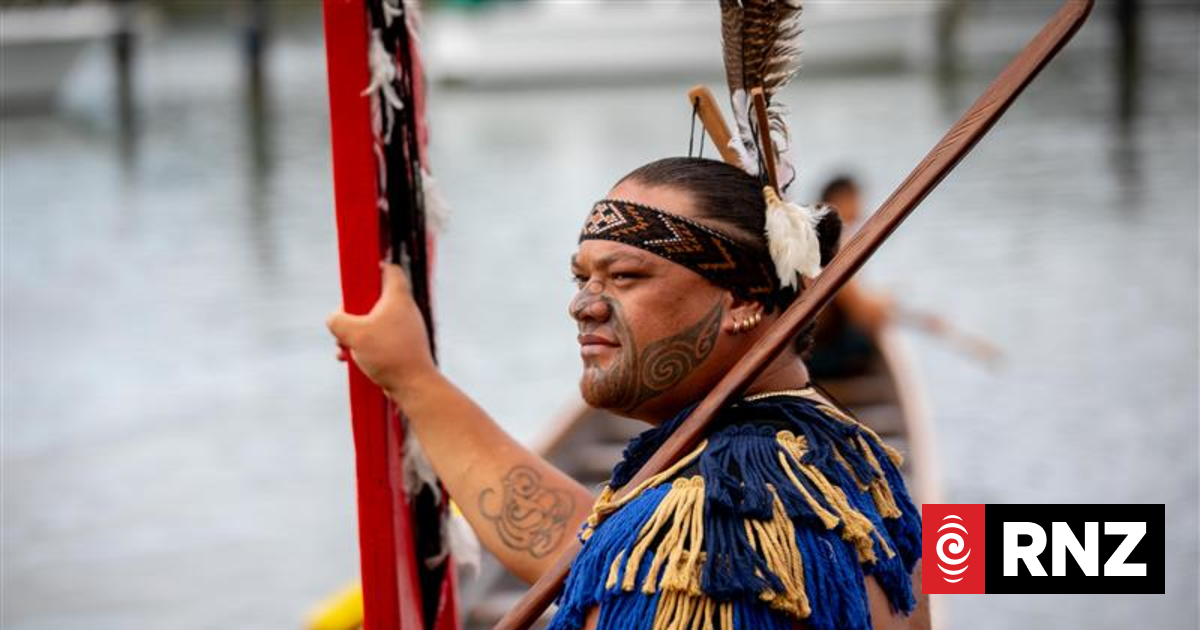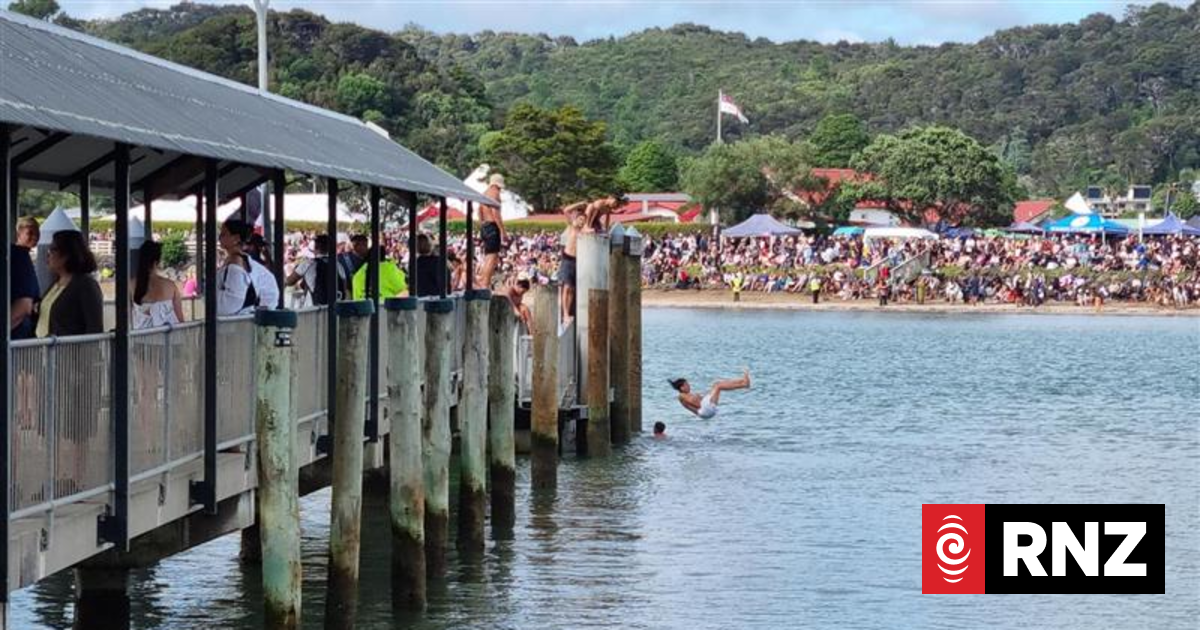Whangārei MP Dr Emily Henderson, pictured here giving her maiden speech in Parliament, is getting out of politics at the next election to get back into her important legal work.
Many of you will have heard the news that, while I’ll be continuing as your MP until the election, I’ve decided not to stand again.
I owe you an explanation.
It’s fair to say that becoming your MP was probably more of a shock to me than anyone else. After 45 years as a National stronghold, I stood not expecting to win, but to raise awareness of the poverty in our town and to fight for better investment to alleviate that poverty: for more state housing, a new hospital and investment in our economic future, especially our port.
In the years since, we have made considerable progress. Northland has been prioritised for state housing and Whangārei has 127 state houses currently under construction, as well as 625 in the pipeline – not bad, when under the previous government, they managed two in nine years.
Advertisement
We fought and won the rebuilding of our hospital, the biggest infrastructure investment in Whangārei ever, on top of new cardiac and cancer facilities and an expanded maternity and paediatric unit. Our economic future is boosted by securing funding for a rail line to the port and a business case study for a dry dock.
That spread of topics illustrates something essential about the job of an electorate MP.
An electorate MP is essentially the region’s chief negotiator, across every subject – infrastructure, education, housing, health, business and the arts – advocating sometimes for individuals and sometimes for industries. No two days are the same. It’s a great job, but what it isn’t is a job for a specialist.
Very occasionally, a global pandemic demands a minister – like Ayesha Verral – who is an expert on viruses, but generally, the skill of politicians is not in being an expert but in being good at working with experts. I realised very early on, for instance, that I needed to know a lot about engineering and infrastructure. I didn’t have time to become that expert: instead, I built a group of expert advisers around me (rock on, the VDubs, as they are known).
Advertisement
However, the fact is, I am a specialist. I’ve done decades of academic research in criminal trial reform for vulnerable witnesses and defendants, culminating in creating the Sexual Violence Courts here in Whangārei.
Also, my speciality is largely in educating lawyers and judges to change their behaviour, rather than writing more laws for the statute books, that other job of Parliamentarians. Research and teaching is not work I can do while also being Whangārei’s MP.
Not standing again has not been an easy decision. I love so much of this job: one of the proudest moments of my life has to be Minister Andrew Little complaining I “made his ears bleed” lobbying for our hospital.
But I believe that we’ve each got a duty to figure out where we make the most contribution to our community. I have loved working for Whangārei as your MP, but I believe that I make more difference to the lives of vulnerable people outside, rather than inside, Parliament.
So, come October, that’s what I’m going to do.


